Understanding thca-flower-terpenes-and-cannabinoids
Thca-flower-terpenes-and-cannabinoids (THCA) is a fascinating compound that has gained significant attention in recent years due to its unique properties and potential applications. In this article, we will delve into the world of THCA, exploring its core components, historical context, significance, and impact on various aspects.
Global Impact and Trends
The global cannabis market has experienced rapid growth over the past few years, with THCA being a key component driving this trend. As legalization efforts continue to spread across countries, the demand for high-quality cannabis products is increasing. This shift towards THC-free products, such as THCA flowers, is particularly notable.
Economic Considerations
The economic landscape surrounding THCA is characterized by significant investment opportunities and market fluctuations. The rise of legalized cannabis has created a lucrative industry, with companies scrambling to capitalize on the trend. However, regulatory frameworks and varying laws across regions create uncertainty, making it essential for businesses to stay adaptable.
Technological Advancements
Recent technological advancements have significantly impacted the THCA landscape. Advances in cultivation techniques, extraction methods, and analytical testing have improved product quality and consistency. Furthermore, the development of new technologies, such as AI-powered farming and precision dosing systems, will continue to shape the industry’s future.
Policy and Regulation
Policies and regulations surrounding THCA vary greatly across regions. While some countries have legalized cannabis for recreational or medical use, others maintain stricter laws or prohibition. Understanding these regulatory frameworks is crucial for businesses operating in this space.
Challenges and Criticisms
Despite the growth potential of THCA, several challenges and criticisms persist. These include concerns about product quality, labeling inconsistencies, and the need for standardized testing protocols. Additionally, some critics argue that THCA’s psychoactive effects are not fully understood, raising questions about its suitability as a therapeutic agent.
Case Studies
Several case studies demonstrate successful applications of THCA:
- Cannabis-based pharmaceuticals: Pharmaceutical companies have leveraged THCA to develop novel treatments for conditions like epilepsy and multiple sclerosis.
- Therapeutic uses in medicine: Research has shown promising results for THCA’s therapeutic potential, particularly in treating chronic pain and inflammation.
Future Prospects
The future outlook for THCA is optimistic:
- Increasing demand: Growing interest in THC-free products will drive demand for high-quality THCA flowers.
- Advancements in technology: Continuous innovations in cultivation, extraction, and analytical testing will improve product quality and consistency.
- Regulatory clarity: As regulations evolve, the industry can expect increased stability and predictability.
Conclusion
In conclusion, thca-flower-terpenes-and-cannabinoids is an intriguing compound with significant potential applications. Understanding its core components, historical context, and global impact is crucial for navigating this rapidly evolving landscape. As the cannabis industry continues to grow, THCA will play a vital role in shaping its future.
FAQ Section
Q: What is THCA?
A: THCA stands for Tetrahydrocannabinolic acid, a non-psychoactive compound found in cannabis flowers.
Q: How does THCA differ from THC?
A: THCA is the precursor to THC and lacks psychoactive effects, whereas THC is the primary psychoactive compound responsible for the “high” associated with cannabis use.
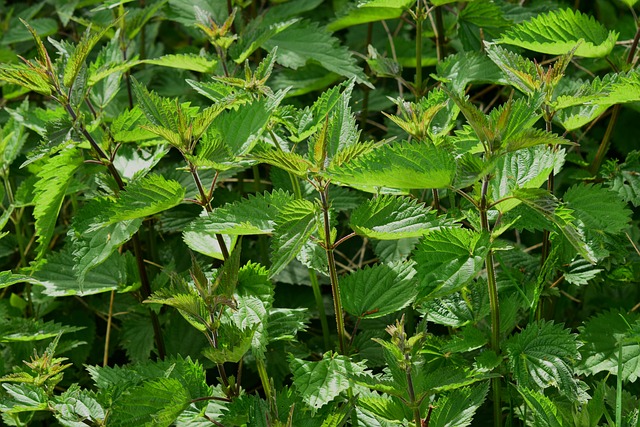
Exploring THCA Flower: Terpene & Cannabinoid Profiles and Effects
The THCA flower, a non-psychoactive form of cannabis rich in THCA and a variety of terpenes, is gai…….
Read More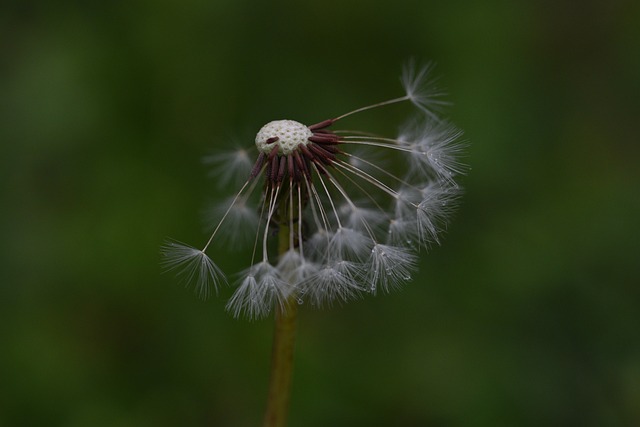
Exploring THCA Flower Terpenes and Cannabinoids: Effects and Side Effects
The article examines the therapeutic properties of THCA flower, a non-psychoactive form of cannabis…….
Read More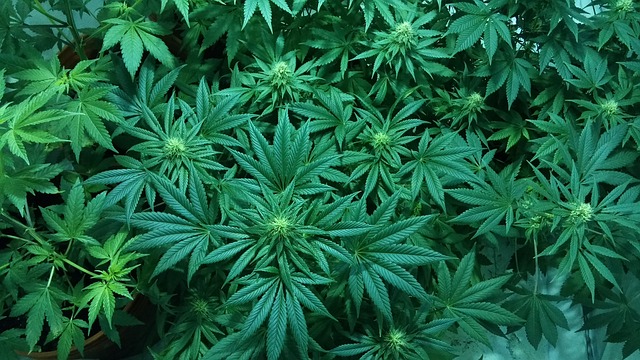
Exploring THCA Flower Benefits: The Role of Terpenes and Cannabinoids
The THCA flower, a precursor to THC, has emerged as a key player in natural health due to its thera…….
Read More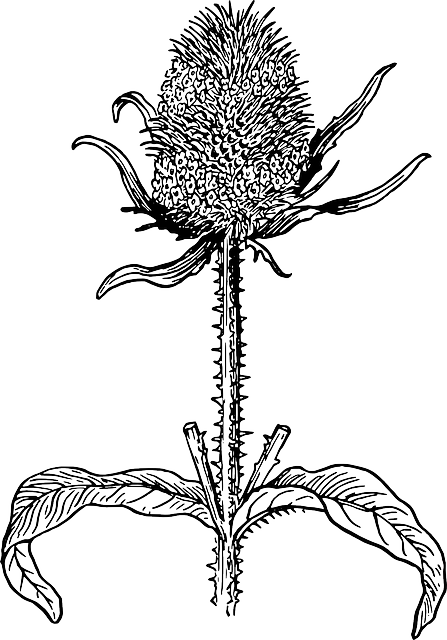
Exploring THCA Flower Terpenes and Cannabinoid Side Effects
The THCA flower is a non-psychoactive cannabis derivative that offers therapeutic benefits due to i…….
Read More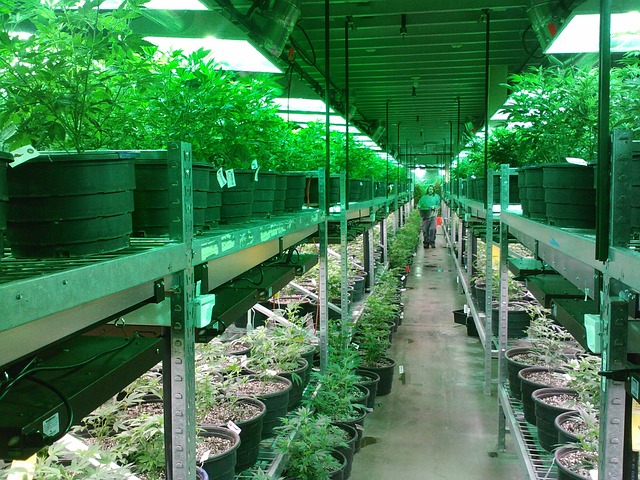
THCA Flower Effects Unveiled: Exploring Terpene & Cannabinoid Profiles and Potential Side Effects
The THCA flower, a key component of the Cannabis sativa plant, is rich in therapeutic compounds inc…….
Read More
Exploring THCA Flower Terpene Interactions for Enhanced Effects
THCA flower is a non-psychoactive compound found in raw cannabis plants that converts to THC upon he…….
Read More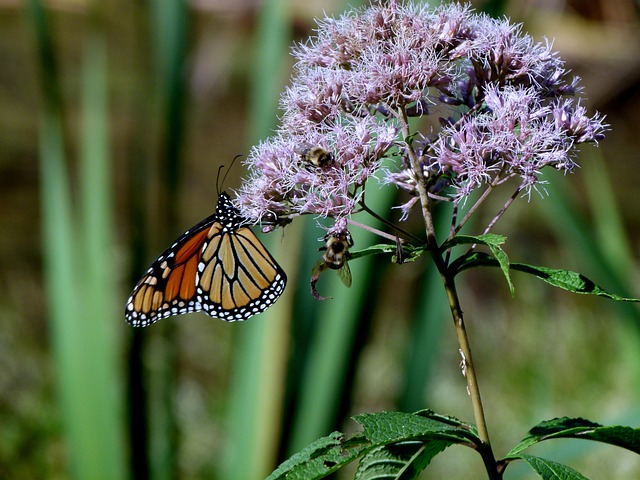
Maximizing THCA Flower Effects: The Synergy of Terpenes and Cannabinoids
The THCA flower, a non-psychoactive component of Cannabis sativa, is gaining attention for its ther…….
Read More
Decoding THCA Flower Side Effects: A Deep Dive into Terpenes and Cannabinoids
The THCA flower, a non-psychoactive precursor to THC found in raw cannabis plants, has garnered att…….
Read More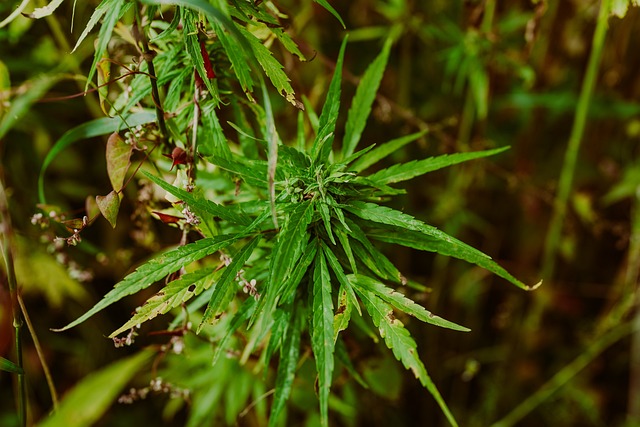
Exploring the Healing Potential of THCA Flower: Terpenes and Cannabinoids at Work
Δ-9-tetrahydrocannabinolic acid (THCA), the non-psychoactive precursor to THC found in THCA fl…….
Read More
Exploring THCA Flower Effects: A Closer Look at Terpenes and Cannabinoids
The THCA flower, rich in therapeutic cannabinoids like THCA and complemented by a complex array of …….
Read More